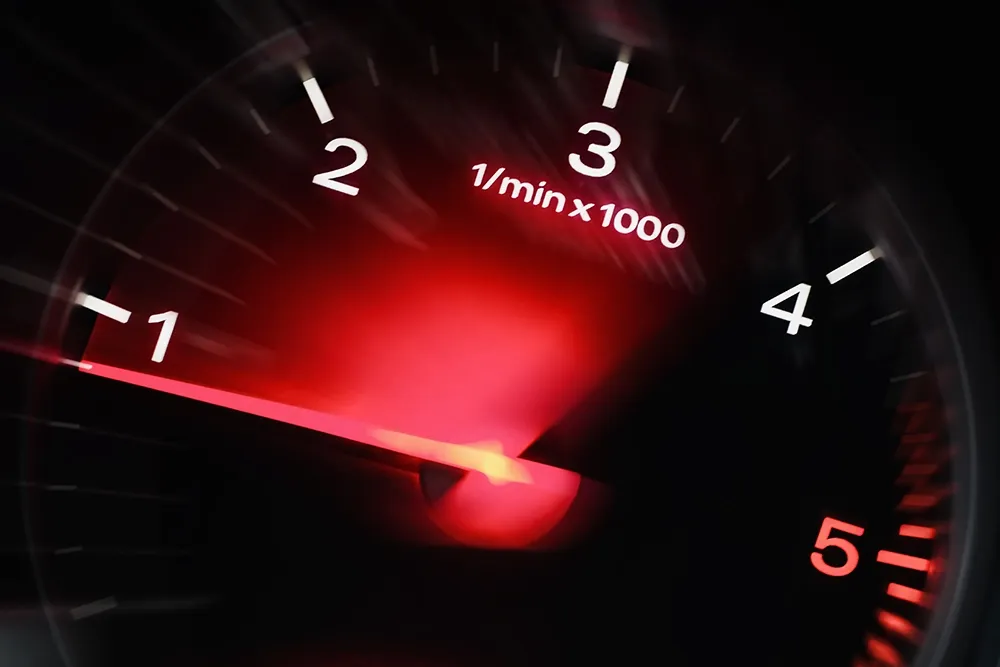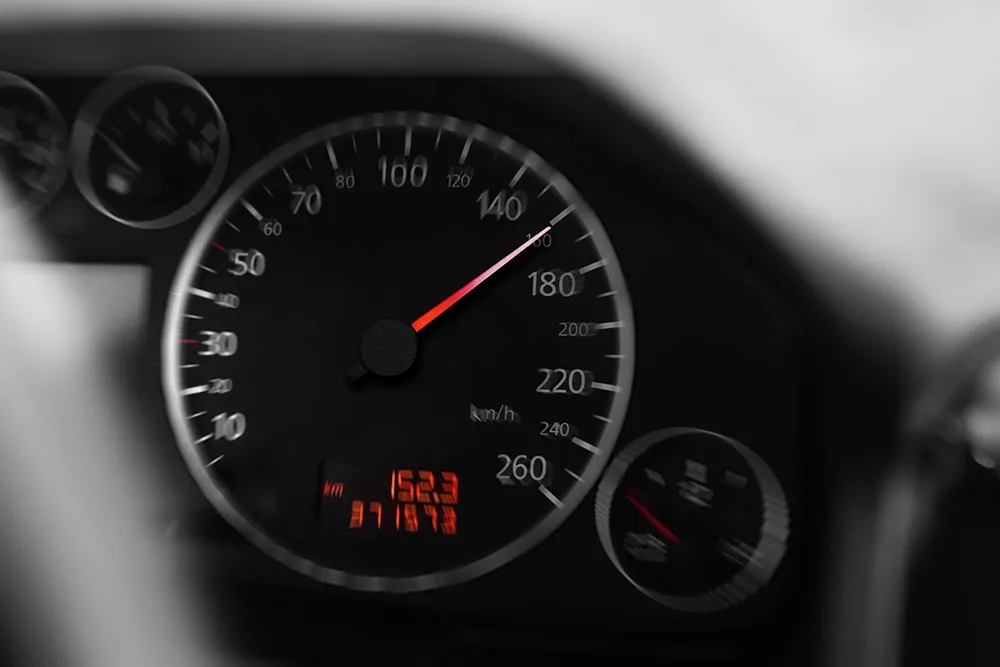Is your car taking longer to start, or cranks over for an eternity when you've been to the mechanic recently? From dead batteries and dirty air filters to cold weather and low fuel, there are a range of culprits behind the slow crank. This blog digs into the most typical reasons why your car struggles to turn over and how you can fix or prevent it. Whether you have your own car or a rental, these tips will keep your engine running smoothly, every schedule.
You're all set, coffee in one hand, destination plugged into your GPS in the other, when your car stalls, coughs, or staggers onto the road creakingly slowly. We've all been there. A car that starts slowly is more than an annoyance; it's generally the first sign of car starter issues meaning something might be wrong beneath the hood.
The Most Common Reasons for a Slow-Starting Car
A slow car has numerous potential causes. from a faulty battery to clogged filters or substandard fuel. If you’re dealing with persistent car starter issues, knowledge of the symptoms and prompt action can avoid costly repairs down the road. Regular maintenance, good gas, and attention to small details make a big difference in having a responsive and reliable engine.
Before you freak out (or miss another morning meeting), here's a summary of the most likely explanations why your car won't start and what to do about it.
1. Weak or Dropped Battery
The most common suspect for car starter issues. Your battery provides the initial shot of electricity to crank the engine. If it's old, weak, or drained, that stuff won't move fast enough, meaning slow or stalled startups.This is often why people ask, why does my car take a while to start even when the battery seems okay.
Symptoms to look for:
- Flickering headlights
- Click when key is turned
- Dashboard light for battery warning
What to do:
Check the battery voltage with a multimeter or take it in for a shop check. If it's 3–4 years old or more, it may be less expensive to replace it.

2. Dirty or Rusty Battery Terminals
Sometimes the battery itself isn't among the car starter issues, but the connection. Dirt, corrosion, or rust on the terminals may prevent power from reaching the starter.
Fix:
Clean the terminals with baking soda and water and a wire brush. Secure the clamps afterward.
3. Clogged Fuel Filter
Your engine needs fresh fuel continuously to crank. A clogged filter prevents that supply, starving your engine at cranking and potentially causing it to crank for longer or not at all.
Tip:
Slow acceleration or sporadic sputtering while driving is also another symptom of common causes of car starting issues.
4. Bad Starter Motor
The starter motor's one job is to turn the engine over and when it's on its deathbed, it can't even manage that reliably. If you hear one click or nothing when you turn the key, the starter might be the problem.
Solution:
Have a mechanic look at it. A bad starter is expensive to replace, but it needs to be done.
5. Poor Fuel Quality
Not all gasoline is created equal. If you’ve filled up at an unfamiliar station or during rainy weather, water or debris in the fuel can compromise performance.
How it shows up:
- Difficulty starting
- Engine knocking
- Poor mileage
Quick fix:
Drain dirty fuel and replace it with a good fuel brand. In extreme situations, fuel injectors or spark plugs might require cleaning or replacing. This might be the reason of our wonderment often times of "why does my car take so long to start" after refueling at a low-quality station.
6. Ignition System Problems
Your spark plugs, coils, and wiring, your ignition system, create the spark that ignites fuel. If any of these parts are malfunctioning or not firing properly, engine starting is a crap shoot.
Symptoms:
- Engine misfire
- Rough idle
- Lacking proper power start
Maintenance tip:
Replace spark plugs at 30,000 to 50,000 km or according to your owner's manual.
7. Cold Weather
Yes, even the weather is to be blamed. In cold temperatures, motor oil thickens, batteries emit less voltage, and fuel vaporizes more slowly, all contributing to slow starts.
Pro tip:
Use lighter engine oil grades in winter and where possible park covered or insulated spaces.
8. Engine Flooding or Faulty Sensors
Sometimes, there is excess fuel that enters the engine but does not get burned, especially after repeated failed starts. Dead sensors, including the crankshaft or camshaft position sensor, can confuse the ECU and not get ignited in a timely manner.
What works:
Let it sit for a few minutes and try to start the car again without pressing the gas. If it persists, scan for codes.

Beno Bonus
Driving a rented car in Dubai and your ride refuses to cooperate? When your day can’t afford delays, Beno offers an ideal solution. With zero deposit rentals and 24/7 customer support, Beno makes sure you're never stuck with a slow-starter. Browse premium cars, SUVs, and even chauffeur options, all bookable online in minutes. No paperwork drama, no waiting in lines, no engine delays, just wheels, when you need them.
And when you ever do have a backup plan, or simply want to drive worry-free? Beno's rental fleet is just a few clicks away.
FAQs
- Why does my car take a while to start?
A slow start can be caused by a weak battery, poor fuel quality, a faulty starter motor, or a clogged fuel filter. Look for persistent symptoms and get them fixed as quickly as possible.
- How do I determine if my car battery is failing?
Common indicators are dim headlights, a click when you turn the key, sluggish cranking, or frequent jump starting. Decaying voltage is typically less than 12.4V.
- Will faulty spark plugs lead to difficult starting?
Yes. Dull or damaged spark plugs can cause misfiring and incomplete combustion, making it harder to start the engine.
- Will cold weather affect car starting?
Yes. The engine oil thickens when it is cold and the battery power declines, both of which stand a likelihood to cause slow starting.
- If my vehicle still fails to start after I have inspected all of the above?
If you've ruled out the most likely causes, now it's time for professional diagnosis. A technician will be able to run a computer test for identifying underlying issues like sensor malfunction or faults in the ECU.








